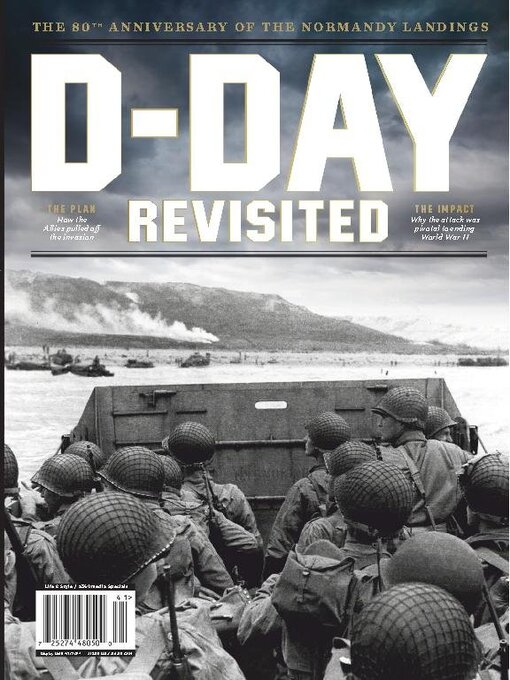June 6, 1944 was not a day like any other—it was one of the most important, consequential and remarkable 24 hours in America’s existence and, arguably, the known history of the entire world. But why? It wasn’t when World War II started or ended—two milestones that are usually marked in major conflicts—and it wasn’t even the occasion of the war’s largest skirmish (that was the Battle of the Bulge, which commenced on Dec. 16, 1944, and ended on Jan. 28, 1945.) What D-Day recognizes is the moment the United States entered the war in Europe, which was key to helping the Allies beat back Nazi Germany. Rarely has combat been remembered so nobly. As U.S. President Franklin D. Roosevelt explained to Americans in announcing why Allied soldiers were invading: “They fight not for the lust of conquest. They fight to end conquest. They fight to liberate.” This message not only resonated in its time, it remains some 80 years later a rally to remember that—at least sometimes—bloodshed is just and worthy.
- Available now
- Time to Brush Up On Some Classics?
- New eBook additions
- New kids additions
- New teen additions
- Most popular
- Try something different
- See all
- 2024 Audie Winners & Finalists
- ALA Listen List
- New audiobook additions
- Available now
- New kids additions
- New teen additions
- Celebrity Readers
- Quick Listens
- See all
- Home & Garden
- Tech & Gaming
- Business & Finance
- Fashion
- Health & Fitness
- Travel & Outdoor
- Celebrity
- Food & Cooking
- Family & Parenting
- News & Politics
- Photography
- See all

